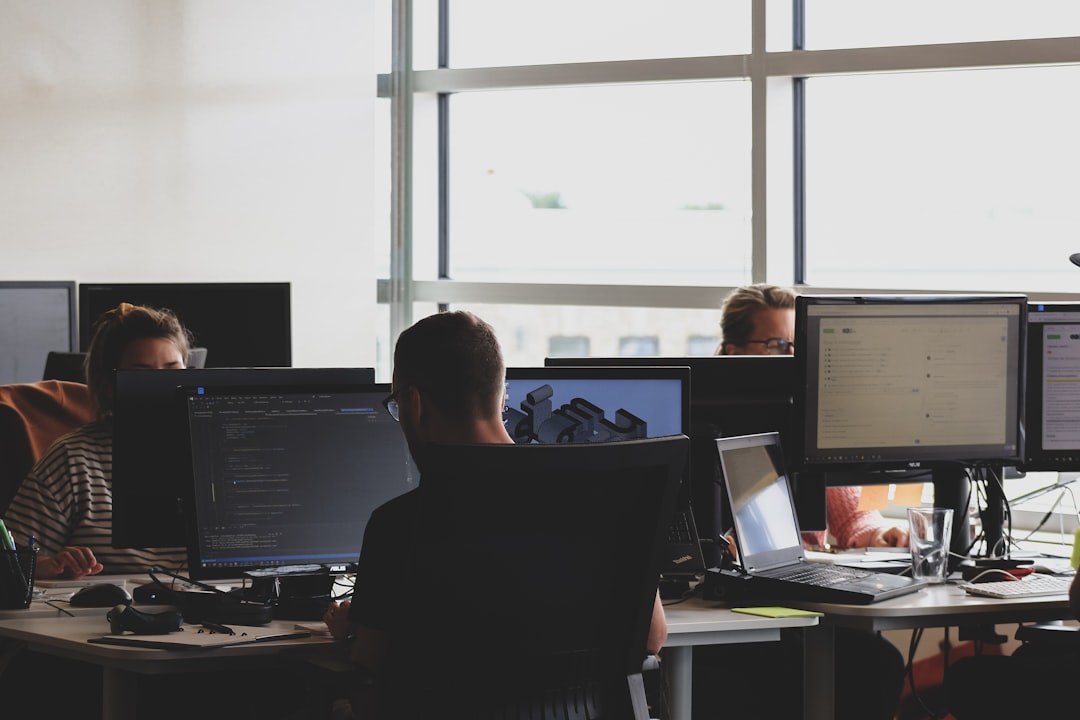Software's Next Frontier

The software development landscape is rapidly evolving, driven by factors like the growth of cloud computing, AI/ML adoption, security threats, talent shortages, and new architectural approaches
11 key trends:
1. Low-code/no-code platforms are simplifying development, with 100% of enterprises reporting positive ROI and adoption forecasted to soar.
2. Remote work accelerated cloud migration, with over 90% of businesses increasing cloud usage. Demand for cloud skills like AWS, Azure skyrocketed.
3. Ransomware attacks are ramping up, driving spending on cybersecurity automation and cyber insurance policies.

4. AI/ML adoption is exploding across industries like finance, healthcare, and business process automation to drive efficiencies.
5. The Rust programming language is gaining popularity for its performance, security, and "memory safety."
6. Internet of Things (IoT) expansion continues, with 65 billion connected devices projected by 2025, impacting consumer and industrial applications.

7. Progressive Web Apps (PWAs) aim to provide an app-like experience via the web to improve user engagement.
8. Microservices architecture enables agile, scalable software development using containerization tools like Docker.
9. Blockchain software expands beyond cryptocurrencies into secure data sharing and decentralized applications (dApps).

10. IT skills shortages are driving non-traditional hiring and increased outsourcing of developer roles.
11. DevSecOps integrates security into the full development lifecycle for faster, more secure software releases.
Conclusion
The future of software development is being shaped by forces like low-code platforms, cloud adoption, AI/ML, security threats, talent gaps, and new architectural approaches. Companies are embracing low-code/no-code tools and progressive web apps to simplify and accelerate development. Cloud migration and microservices are enabling greater scalability and agility.
At the same time, ransomware risks are driving increased cybersecurity spending and DevSecOps practices. The talent crunch is spurring alternate hiring paths and outsourcing. Emerging technologies like blockchain, IoT, and programming languages like Rust are opening new frontiers.
As software becomes more critical across industries from finance to healthcare, the trends point toward a world of highly automated, intelligent, secure and connected applications. Developers will need to evolve their skills and adopt modern practices to keep pace with rapidly changing demands.
While unlocking immense potential, these trends also raise concerns around privacy, ethical AI development, and cybersecurity that the industry must proactively address. Overall, the state of software development is incredibly dynamic, challenging old paradigms and reshaping how solutions are built for the digital age.